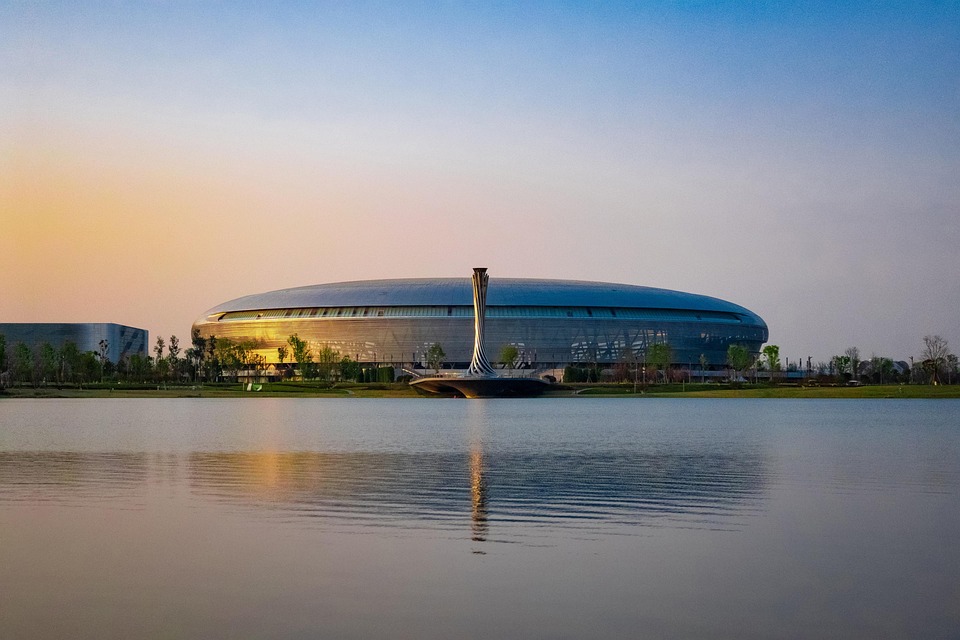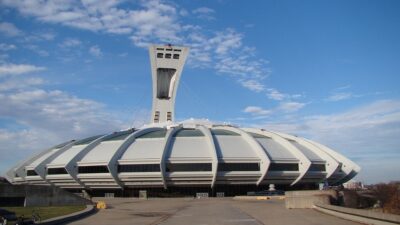When fans gather to witness a spectacular performance or sporting event at a major arena, the excitement is palpable. However, what many people don’t see is the intricate web of logistics that ensures everything runs smoothly. From the first planning stages to the final tear-down, managing an arena event is a complex undertaking that requires precise coordination, strategic planning, and an unwavering commitment to detail.
1. Planning and Coordination
The journey of a successful arena event begins long before the doors open. Effective logistical management starts with meticulous planning. Event managers must outline a comprehensive roadmap that includes timelines, budgets, and vendor logistics. Key considerations include:
- Date Selection: Coordinating schedules with artists, athletes, and key stakeholders to choose an optimal date can significantly impact attendance and logistics.
- Budgeting: Understanding costs, from venue rental fees to technical requirements, is crucial. Budget planning allows for the accommodation of unexpected expenses, ensuring that finances are in check.
- Team Coordination: A dedicated team is essential. This includes event managers, marketing personnel, volunteers, security staff, and technical crews, all with distinct roles that must seamlessly intertwine.
2. Venue Management
Choosing the right venue is perhaps one of the most critical logistical components. Factors such as capacity, location, accessibility, and facilities must align with the event’s needs. Once selected, the venue management team comes into play:
- Layout and Design: From seating arrangements to staging setups, thoughtful design is essential for maximizing both crowd control and the customer experience.
- Permits and Regulations: Obtaining the necessary permits and adhering to local regulations is crucial for legal compliance and safety.
- Facilities Management: Ensuring that restrooms, concessions, and first-aid stations are adequately staffed and maintained contributes to the overall experience.
3. Technical Logistics
An arena event thrives on technical precision. Sound, lighting, and visual experiences must be flawless to engage the audience and enhance the event’s atmosphere.
- Sound and Lighting Setup: Technical crews must perform detailed sound checks and lighting tests well before the event begins. The placement of speakers and lighting rigs is synchronized to ensure perfect coverage and effect.
- Broadcasting Requirements: For events with live broadcasts, additional logistics are needed to accommodate camera crews, broadcasting equipment, and remote feeds.
- Video Displays: Managing large screens, graphics, and live feeds requires a coordinated effort with visual technicians.
4. Security and Safety
Safety is of paramount importance in any major event. An efficient security plan encompasses:
- Crowd Management: Trained personnel must direct attendees, handling entry points and exits while preventing overcrowding.
- Emergency Protocols: Comprehensive emergency plans, including evacuation routes and medical staff availability, ensure quick responses to any incidents.
- Access Control: Implementing ticketing systems and credential checks helps to manage crowd flow and prevent unauthorized entry.
5. Audience Experience
Ultimately, the success of an arena event hinges on the audience’s experience. This involves:
- Ticket Sales and Distribution: Effective marketing and ticketing strategies ensure maximum attendance. This includes working with platforms that offer easy purchasing options.
- Concessions and Merchandise: Offering diverse food and beverage options as well as event merchandise satisfies multiple audience needs, adding to the enjoyment.
- Engagement: Creating interactive experiences—like meet-and-greets or fan zones—can elevate audience satisfaction and enhance their connection to the event.
6. Post-Event Cleanup and Evaluation
Once the event concludes, the logistical work is far from over. The cleanup process and evaluation are crucial for future improvements:
- Tear-Down: Efficiently dismantling stages, collecting equipment, and cleaning up the venue requires careful coordination and often, a full dedicated team.
- Feedback Collection: Gathering feedback from attendees, staff, and stakeholders helps identify successes and areas for improvement.
- Reporting and Analysis: Detailed financial and operational reports outline performance metrics, guiding future event strategies.
Conclusion
Behind the glamour and excitement of major arena events lies a meticulously structured operation. The logistics of managing such events require collaboration, foresight, and expertise across multiple disciplines. The efforts of countless individuals culminate in a shared experience that captivates audiences, creating memorable moments that resonate long after the lights dim. As technology evolves and audience expectations grow, the future of event management will undoubtedly continue to challenge logistical creativity and precision.



